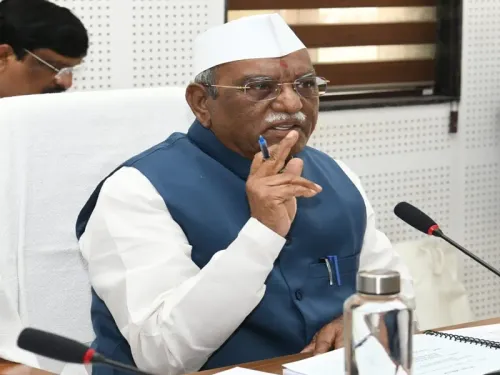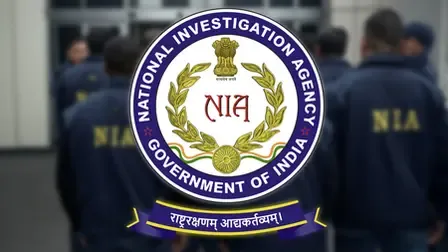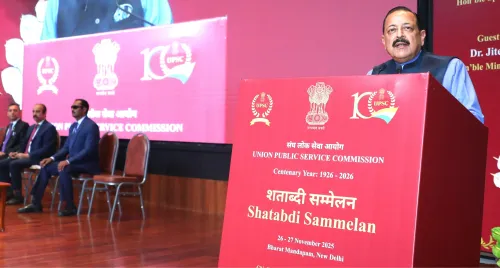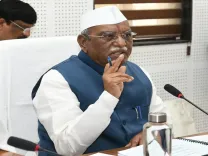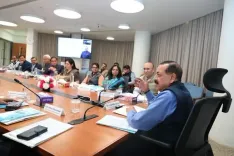Are Lives Really the Top Priority? Kerala HC Issues Key Guidelines for Hospitals
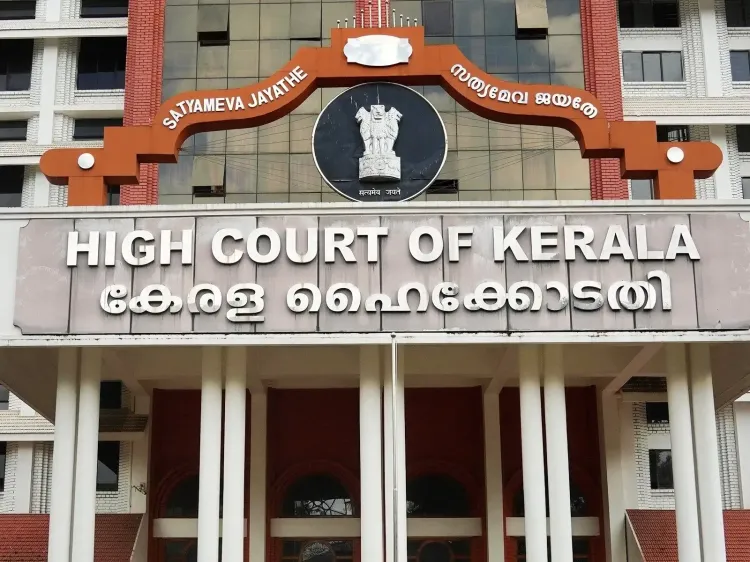
Synopsis
Key Takeaways
- Immediate medical care is a fundamental right.
- Hospitals cannot refuse treatment due to financial constraints.
- Transparency in hospital charges is mandated.
- Patient care must be prioritized over profit.
- Guidelines aim to reduce disputes and exploitation in healthcare.
Kochi, Nov 26 (NationPress) The Kerala High Court has laid down a series of vital guidelines for hospitals throughout the state, emphasizing that no patient can be refused treatment due to financial constraints or lack of identification.
The court highlighted that the primary duty of all healthcare institutions is to save lives, stating that financial or procedural barriers cannot impede the basic right to emergency medical care.
It noted that all hospitals, regardless of ownership or type, hold a critical responsibility to offer immediate medical assistance to individuals arriving in dire conditions.
Every hospital is mandated to ensure that patients who come to the emergency department receive a swift evaluation and their medical conditions are stabilized.
If further specialized care is necessary, the hospital is obligated to ensure the safe transfer of the patient to an appropriate facility.
The ruling made it clear that the duty of care commences the moment a patient arrives, rather than after completing administrative tasks.
The high court also mandated significant transparency measures for hospitals.
All medical facilities must prominently display their treatment fees in both Malayalam and English at the reception and on their official websites.
The court insisted that treatment costs should be presented in an understandable format to enable patients and their families to easily grasp the expenses associated with various medical procedures.
This transparency, according to the court, will aid in avoiding disputes, minimizing exploitation, and facilitating informed choices by patients.
The directive aims to enhance accountability within both private and public healthcare systems, especially in emergencies where prior delays or refusals have led to tragic outcomes.
The court reiterated that access to emergency medical services is a fundamental right tied to the right to life, and healthcare providers cannot function solely as profit-driven entities when human lives are involved.
This ruling comes at a time when there is a growing perception regarding the escalating costs of healthcare in Kerala, with private hospitals facing criticism, and it is anticipated that this judgment will bring relief to many.
At numerous private hospitals, patients are often required to purchase medications from the in-house pharmacy, while affordable medical shops exist outside.

